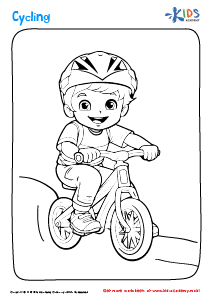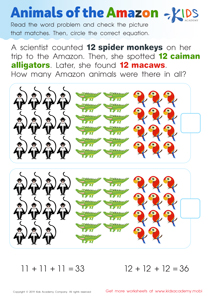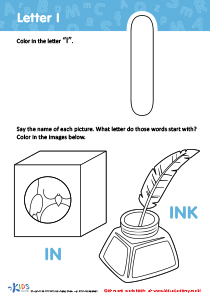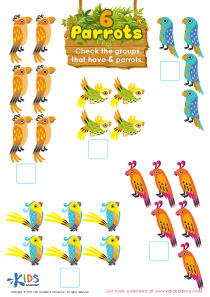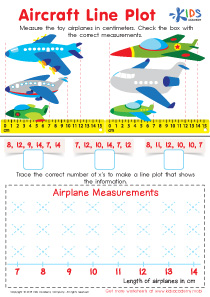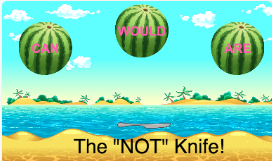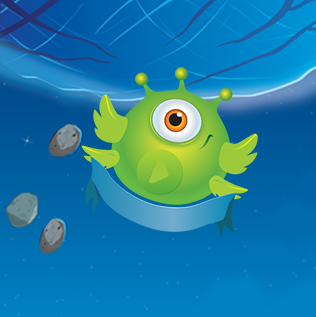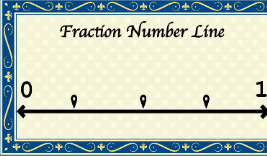Math Lessons | Counting and Comparing
6 results
Our Counting and Comparing lessons are designed to help young learners in Preschool, Kindergarten, Grade 1, Grade 2, and Grade 3 develop strong numeracy skills. With our interactive worksheets, educational videos, and assessment quizzes, students will have fun while learning to count, add, subtract, and compare numbers. We cover a range of topics, including place value, odd and even numbers, and number patterns. Our lessons are perfect for both classroom and distance learning settings. With our Counting and Comparing Lessons, students will be well-equipped to succeed in math and beyond.
Counting and Comparing Lessons for children in Preschool, Kindergarten, Grade 1, Grade 2, and Grade 3 are extremely helpful in developing several important skills that are needed in daily life. These lessons consist of interactive worksheets which have been designed to help kids learn and practice counting and comparing numbers, along with educational videos and assessment quizzes to measure their progress.
One of the key skills that counting and comparing lessons aim to develop is numeracy. Numeracy is a vital skill that enables children to develop the ability to understand and use numbers. This skill is essential in many aspects of everyday life, such as shopping, budgeting, and measuring distances. By learning how to count and understand numbers, children will have a solid foundation for their future mathematical studies.
In addition to numeracy, counting and comparing lessons also help to build logical thinking skills. Children are encouraged to think logically and critically to solve problems related to counting and comparing. This helps to develop their analytical, reasoning, and problem-solving abilities, which are valuable skills in many areas of life.
Another significant advantage of counting and comparing lessons is that they improve memory and concentration. By repeating activities such as counting and comparing, children develop a better memory and the ability to retain information. They also learn to focus their attention and concentrate for longer periods of time, which can help them excel in many areas of academic life.
Furthermore, counting and comparing lessons can benefit children's communication skills. When children work together on assignments, they learn to communicate effectively, share their ideas, and collaborate with their peers. This helps to build their verbal communication skills, which are essential for success in school and in later life.
In conclusion, counting and comparing lessons are an essential and valuable part of a child's early education. They help to develop essential skills such as numeracy, logical thinking, memory, concentration, and communication. These skills are necessary for success in many areas of life, not just in academics but also in the workplace and daily life. Therefore, parents, teachers, and educators should encourage children to participate in such interactive worksheets and learning activities to prepare them for a bright future.
